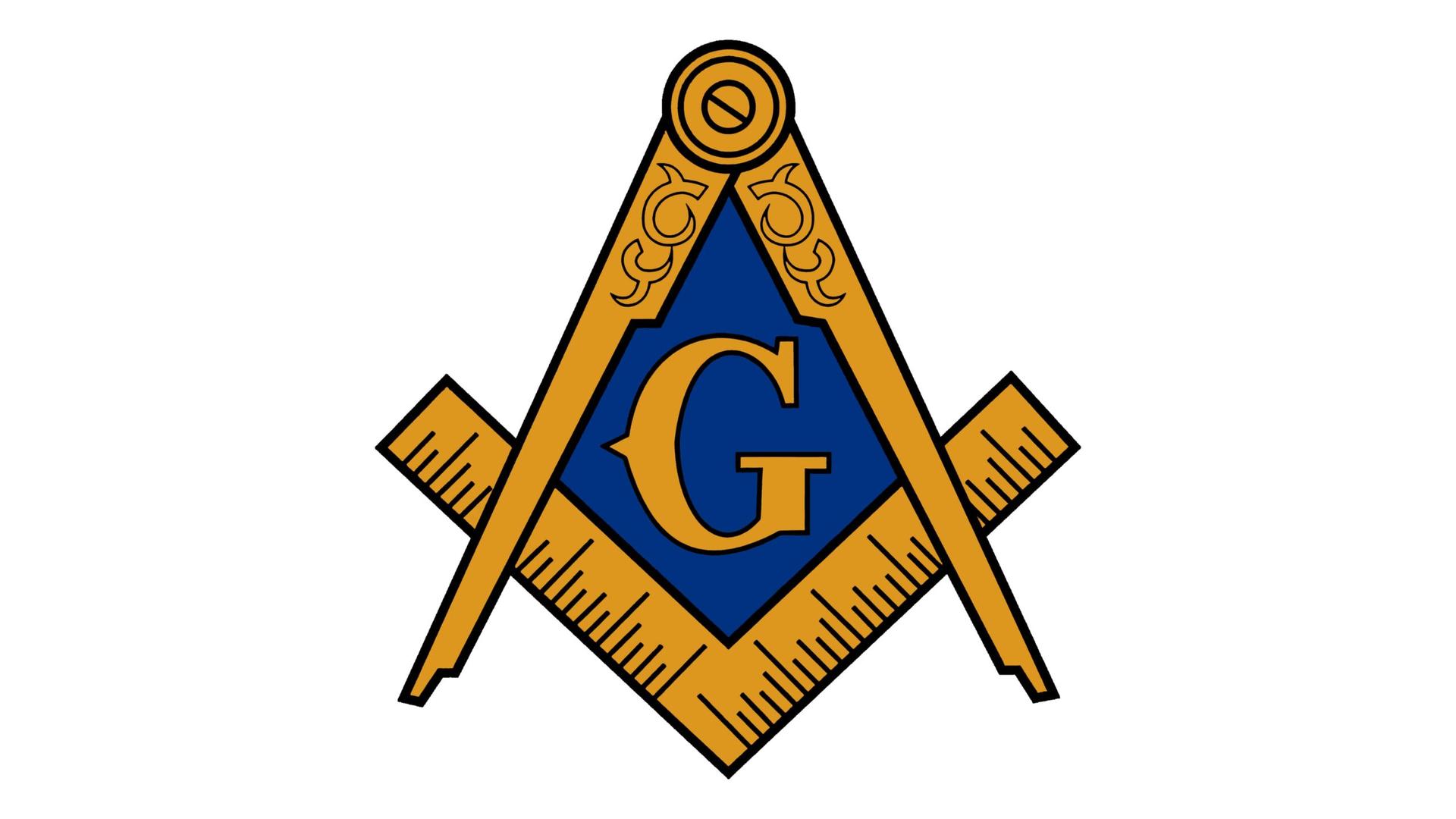There was a curious news item carried by Vatican News this Wednesday, one which, among other things, reminds us that the Catholic Church has both real enemies and a long memory. It may also, however, serve to illustrate that often enough, the Church’s worst enemy is within – and the enemy isn’t who or what you think.
A piece titled “Vatican confirms Catholics still forbidden to join Masonic lodges” published to the official Vatican News website on 15 November 2023, explaining that “active membership in Freemasonry by a member of the faithful is prohibited, because of the irreconcilability between Catholic doctrine and Freemasonry.”
Now, Freemasons and Freemasonry both figure prominently in a plethora of conspiracy theories, some of which are far-fetched even by tinfoil hat standards, but Freemasonry is a thing and some of its tenets – officially “secret” but not very well kept as such – are directly at odds with core Catholic teaching about God, the sacraments, life, the universe, and pretty much everything.
In Italy, Freemasons and Freemasonry played something of a role in the reunification of the country under the royal house of Savoy in the mid-19th century. Italian unity came at the expense of papal political power in central Italy, and not only marked the end of the so-called Papal States but also fostered and fomented a virulent anticlericalism that persists in Italian culture. So, the culturally Italian curia is arguably even more wary of Freemasons and Freemasonry than of other secret societies.
The cultural wariness of the Church’s central governing apparatus is rooted deep in history, but as recently as the early 1980s, Italian authorities determined that a Masonic outfit called Propaganda Due (P2 for short) had been involved in criminal activities including the Banco Ambrosiano scandal that left the Holy See with a serious hit both to its reputation and on its balance sheet. So, there’s ample reason for vigilance well within living memory.
The really interesting thing about the Vatican’s reiteration of the long-standing ban, however, is less in how it came to be, as in the fact it came at all.
The Vatican’s renewed no to Freemasonry came in a response to a dubium from a bishop in the Philippines. Dubia are a form of official query about doctrine or policy that usually go to curial officials, though occasionally – as was the case in a recent high-profile contretemps over Pope Francis’s 2016 apostolic exhortation, Amoris Laetitia – they go directly to the pope. This one was fielded by the new prefect of the Dicastery for the Doctrine of the Faith, Cardinal Victor Fernandez, and was published with Francis’s permission and approval.
Dubia don’t always receive answers, and they don’t always get published when they do receive answers. So, it is pretty clear that the highest authorities in the Vatican wanted this cleared up, and wanted not only their decision but their thinking and their recommendations about how to deal with it to be known generally.
The question this Vatican watcher has is: Why not make this sort of transparency standard practice, at least when it comes to dubia generally?
Transparency in governance has been a major problem not only for the Vatican but for the Church’s leadership culture just about everywhere.
The Vatican and chancery outfits worldwide have become aware of the need for greater transparency when and where it matters most – at least, they’ve begun to feel the cost of failure more keenly – in high-stakes matters like finance, major personnel decisions, and the administration of criminal justice.
With dubia, the stakes are usually relatively low.
It wouldn’t take much to set up a sort of “opt out” system in which the standard operating procedure would be to answer dubia and publish the answers to some central archive or searchable database. Not every answer to every dubium would get a press release or even a line in the official Vatican news pages, but the answers would be there for folks who were interested, most of whom would be canon lawyers, theology grad students, and chancery wonks.
The Vatican would then assume the burden of explaining why a particular answer wasn’t listed where it was supposed to be.
In the fight for credibility, the Church’s worst enemy is within. It is her culture of opacity. Here’s to thinking through little ways to push back and change the culture, maybe just a little bit at a time.
Follow Chris Altieri on X: @craltieri














